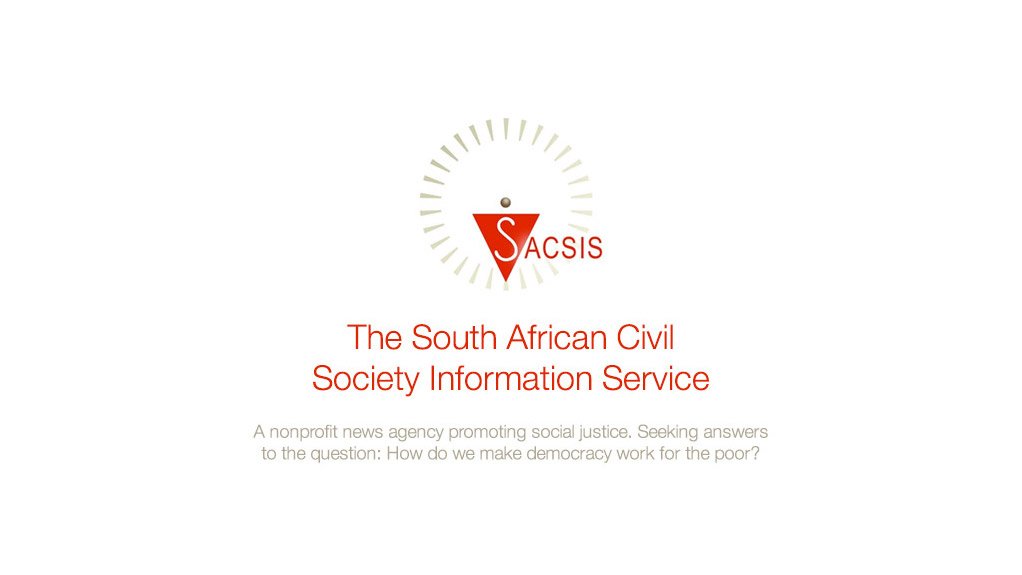Many South Africans see black immigrants as a threat to their privileges. African immigrants from a refugee background, in particular, are viewed as a social burden by societal institutions. These xenophobic attitudes are not unique in South Africa.
Historically, black African refugees received little help from the United Nations High Commissioner for Refugees (UNHCR). For instance, during a politically volatile period in Africa, the 1960s and 1970s, many refugees in Africa were left to fend for themselves. In contrast to the UNHCR’s approach to post-war European refugee schemes, overseas resettlement was not offered to Africans seeking refuge from post-independent conflicts. This was partly due to Western conceptualisation of refugees as white and seeking refuge from Nazi Germany.
It is worth noting however that Ugandan Asians who were expelled by Idi Amin in the 1970s were treated differently by the UNHCR. Ugandan Asians are the only African refugees that the West and the UNHCR prioritised for overseas resettlement during the 1960s and 1970s. This is despite the fact that the first expulsion in Uganda was not that of about 70 000 Asians, but of the roughly 50 000 Jaluos in 1970, according to Mahmood Mamdani. Additionally, researchers working in the field point out that there were about 180 000 black African refugees in Uganda from other African countries when the UNHCR resettled Ugandan Asians overseas. However, overseas resettlement was not offered to these black Africans.
In fact, it was not until white people in the former Yugoslavia were victims of armed conflict and indiscriminate violence that the West made changes with regards to how Western states ought to deal with refugees running away from armed conflict and indiscriminate violence. To manage displaced people in former Yugoslavia who did not qualify for refugee status, European states developed and implemented a policy of “temporary protection”, which effectively suspended normal asylum procedures. It has been shown that apart from individuals arriving from Rwanda after the 1994 genocide, a policy of “temporary protection” has never been extended to any other African refugees running away from armed conflict and indiscriminate violence.
Although the UNHCR has, since 1980, resettled black African refugees in Western Europe and North America, the organisation’s strategic direction from the mid 1980s has been to encourage refugee repatriation instead of overseas resettlement. Western countries encouraged the UNHCR to promote repatriation. States within the European Union have over the years introduced restrictive asylum seeker policies aimed at keeping refugee from the Third World out of Europe. Western countries generally view black African refugees as an “integration challenge” on the grounds of “racial unassimilability”, among other things.
The outcome is that 80 percent of the world’s refugees are hosted by developing countries like South Africa. Unlike in Western Europe where racism is expressed via policies and immigration laws, poor black South Africans express their xenophobia through violence. For the past six years, Somalis and other black immigrants have been subjected to xenophobic violence in the townships. The attacks against Somalis in Mamelodi last month are part of the on-going violence against black immigrants.
An argument that perpetuates xenophobia is the idea that black immigrants threaten and undermine “black South Africanness”. This argument partly reveals the extent to which people internalize colonial myths rooted in the scramble for Africa. Pan-Africanists point out that the systems that have historically structured the existence and survival of Africans is largely shaped by global forces that go beyond the socially constructed borders of any African country. Further, Pan-Africanists argue that the notions of countries and citizenship are socially constructed concepts that were designed to serve the interests of European colonisers.
The idea that Africa is naturally divided into countries, which black Africans are supposed to live and die in, is a colonial illusion. According to Aviva Chomsky, daughter of famous American intellectual Noam Chomsky, the idea that people should be divided by citizenship or into different political categories with differential rights exists to maintain islands of prosperity and privilege. Obviously, people who reside in these islands have an interest in preserving them and in rationalizing their own access to them.
Within the African context, South Africa is an island of prosperity and privilege. After all, South Africa is the most technologically advanced country on the continent and, until recently, South Africa had the biggest economy in Africa.
Some have called for a national strategy to prevent violence against black immigrants, while academics and the media make pronouncements about the problem and solutions. Sociologists call this process a “moral panic”.
The time has come to move beyond this process and actually do something about rampant xenophobia.
Written by Mandisi Majavu, Book Reviews Editor of Interface: A Journal For and About Social Movements. He is a PhD candidate at the University of Auckland, New Zealand.
First published by The South African Civil Society Information Service
A nonprofit news agency promoting social justice. Seeking answers to the question: How do we make democracy work for the poor?
EMAIL THIS ARTICLE SAVE THIS ARTICLE
To subscribe email subscriptions@creamermedia.co.za or click here
To advertise email advertising@creamermedia.co.za or click here











